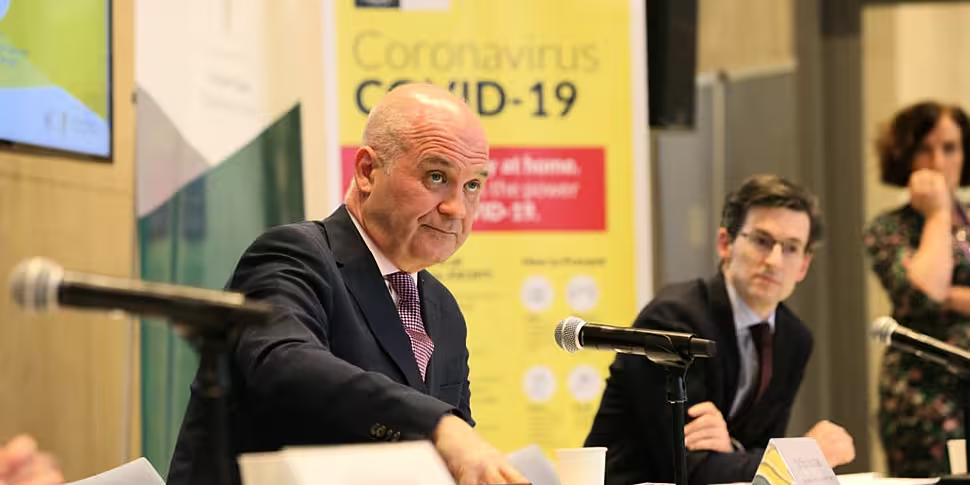The number of coronavirus cases in Ireland has been updated by the National Public Health Emergency Team (NPHET).
Originally the group said there were a total of 7,054 confirmed cases here as of Friday.
But that number was later revised to 8,089 cases, after some 14,000 samples were returned from German labs.
Of these samples, 1,035 were positive for the virus.
"With the latest German figures included, there are now 8,089 confirmed cases of COVID-19 in Ireland", NPHET said.
Also on Friday it was revealed that 25 more people had died.
Some 23 of these deaths were located in the east of the country and two in the west.
The patients included 11 women and 14 men, with a median age of 85.
And 16 people were reported as having underlying health conditions.
There have now been 288 COVID-19 related deaths in Ireland.
Data of the overall cases as of midnight on Wednesday, including the German results received to that date, reveals:
- 45% are men and 54% are women, with 339 clusters involving 1,512 cases
- The median age of confirmed cases is 48 years
- 1,631 cases (23%) have been hospitalised
- Of those hospitalised, 244 cases have been admitted to ICU
- 1,949 cases are associated with healthcare workers
Dublin has the highest number of cases at 3,873, (55% of all cases) - followed by Cork with 503 cases (7%)
Of those for whom transmission status is known community transmission accounts for 66%, close contact is 26% and travel abroad accounts for 8%.
It comes as the current restrictions on movement, due to expire on Sunday, are being extended to May 5th.
These include the closure of non-essential businesses and everyone being asked to stay at home wherever possible.
On Friday, Taoiseach Leo Varadkar said we "have to keep going" - and confirmed the Government accepted the latest recommendations from NPHET.
Mr Varadkar said: "What we're doing is difficult, but it is making a difference.
"We need to persevere, and we need to maintain our discipline and resolve."
While Health Minister Simon Harris said the Garda enforcement powers, brought in to help slow the spread of COVID-19, will continue for as long as restrictions are in place.









